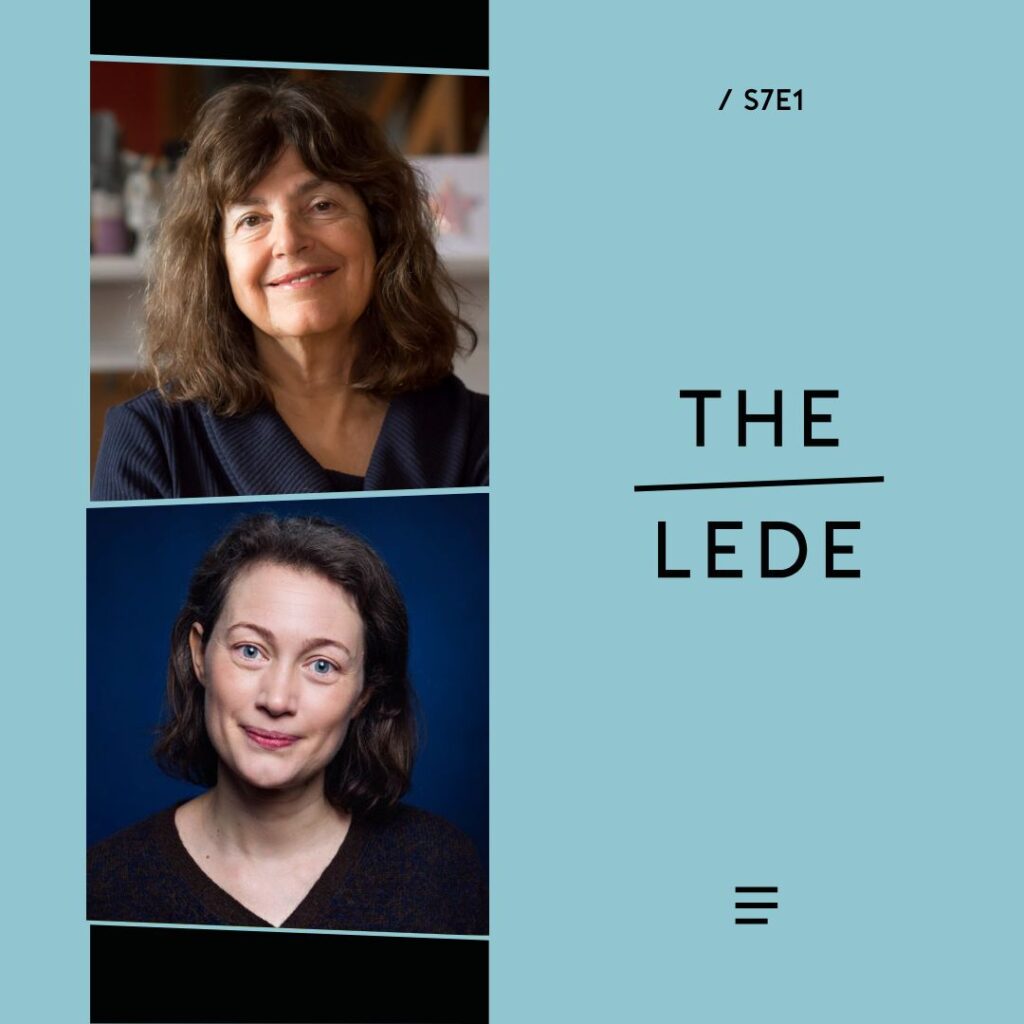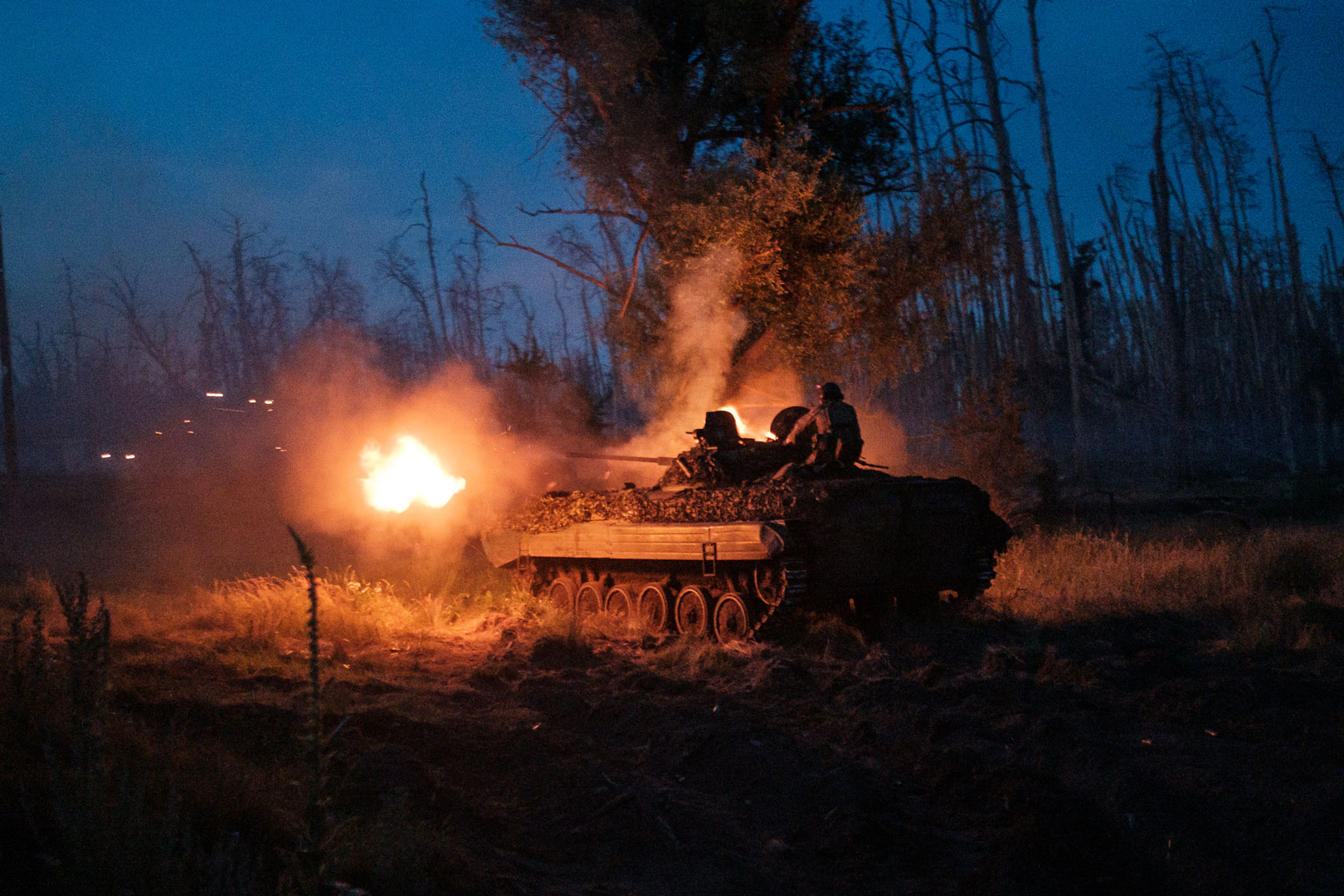Hosted by Lydia Wilson
Featuring Mary Kaldor
Produced by Finbar Anderson
Listen to and follow The Lede
Apple Podcasts | Spotify | Podbean
Despite having studied war and conflict for decades, Mary Kaldor still sees the possibility of a better future. “I’m a deeply optimistic person,” she tells New Lines’ Lydia Wilson on The Lede. “Whenever anything horrible happens, my instinct is always to think of the way out.”
Continuing a discussion about her theory of “new wars” from an earlier appearance on The Lede, Kaldor, professor emeritus of global governance at the London School of Economics and Political Science, says, “What is really striking about ‘new wars’ is that they nearly always start with demonstrations for democracy, so you could characterize these wars as really being about authoritarianism versus democracy. What happens is that the authoritarian leaders try to channel this conflict into ethnic conflict or sectarian conflict as a way of suppressing demonstrations.”
“If you’re trying to end genocide, ethnic cleansing, crimes against humanity, you can’t use methods of war which themselves violate human rights.”

Considering the poor record of humanitarian intervention in both resolving and preventing conflict, Kaldor says, “The problem with humanitarian intervention is that it was interpreted by the dominant powers as war fighting for humanitarian ends. They used excessive force in most cases, and there wasn’t a real understanding that if your ends are human rights, if you’re trying to end genocide, ethnic cleansing, crimes against humanity, you can’t use methods of war which themselves violate human rights.”
Kaldor suggests that humanitarian intervention nonetheless remains a vital tool in the prevention of conflict, but that it needs to be reconsidered. “There’s a desperate need for humanitarian intervention to protect civilians from armed actors, but it needs to be done in a completely new way,” she says.
Another hugely important factor, Kaldor says, is the evolution of international law. “We have new bodies of international human rights law and international criminal law that are being developed through the [International Criminal Court], through the International Court of Justice, and which really seem to reflect emerging norms,” Kaldor says. “In both Ukraine and Palestine, the role played by international law has been enormous compared with previous wars, and that is really a breakthrough.”


